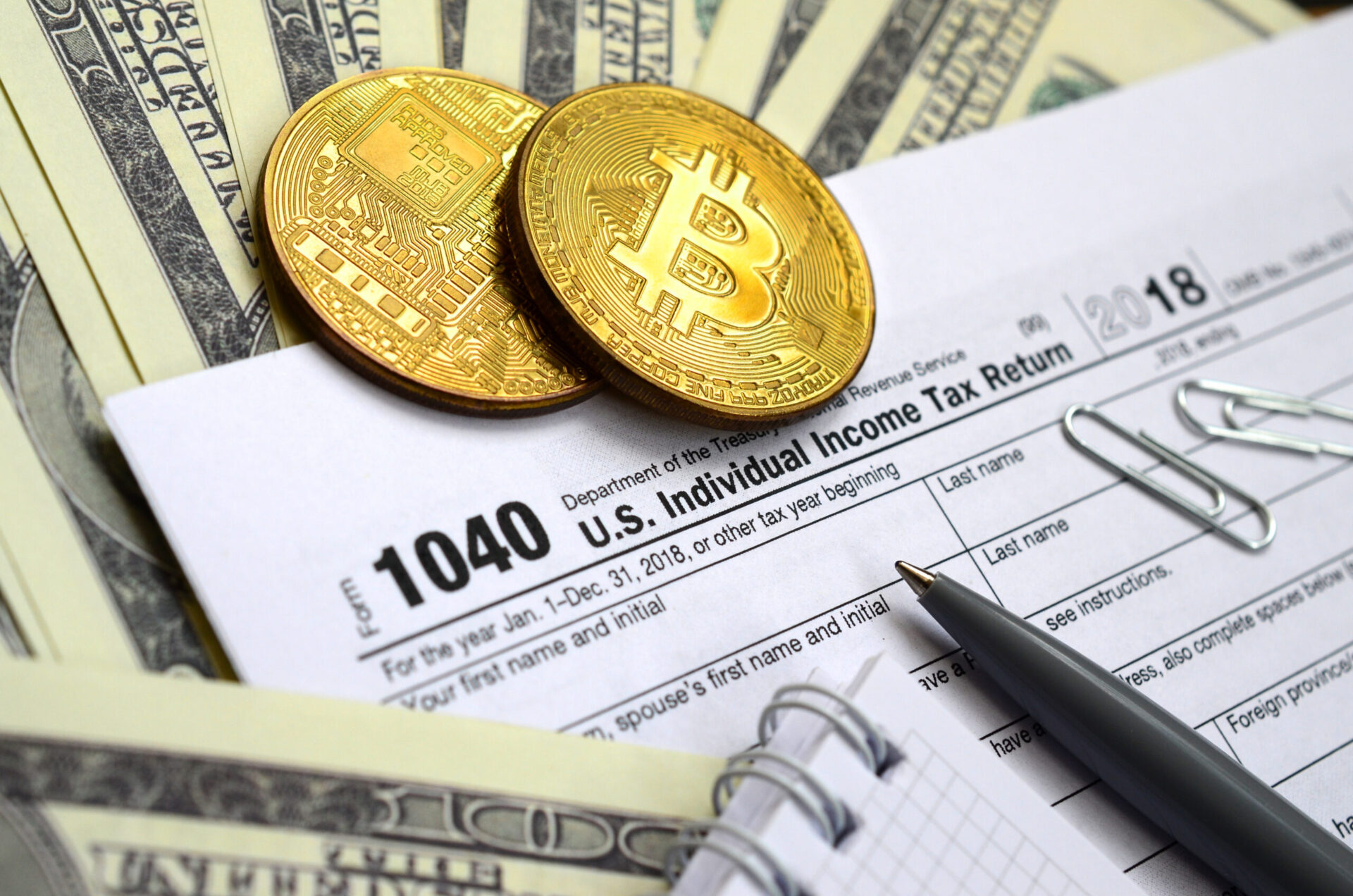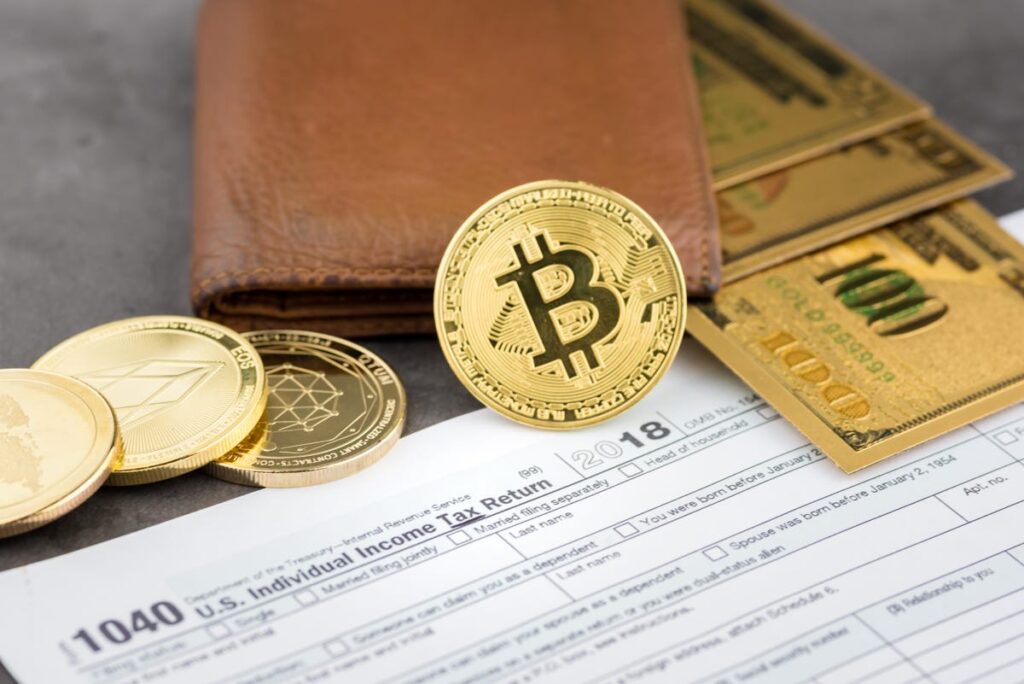
5 Things Every Trader Should Know About Cryptocurrency Taxes
Since the widespread usage and exposure of cryptocurrency to the trading market, a lot of traders have started trading in this form of currency. But even then many people are unaware about a lot of rules and regulations related to cryptocurrency and how to abide by them. One can start their bitcoin trading journey when they visit this site but it is equally important to be aware of how different laws apply on different cryptocurrencies in different countries.
One such important area of law and rules and regulations related to cryptocurrency are cryptocurrency taxes. There is a lot of nonuniformity regarding cryptocurrency laws and taxes across the globe and hence it is important for cryptocurrency traders to be aware about them. Following is a list of 5 things that every cryptocurrency trader should know about cryptocurrency taxes:
1. Cryptocurrency taxes exist

For a lot of new traders, this might come as a shock. Many people do not think that one would be taxed for owning, storing, and exchanging cryptocurrency but that is far from the truth. In countries like the United States of America, cryptocurrencies are taxed on various fronts through various uses.
The Internal Revenue Service Notice of 2014-21 defines virtual currencies or cryptocurrencies as property in the United States of America. This means that anything purchased with a virtual currency is subject to capital gains taxation, whether short or long term, based on how long the asset was kept. And hence, as a trader, one should be aware about the existence of such laws related to taxes on cryptocurrency.
2. Nothing is set in stone until a law is made
Unlike the USA, not all countries have specific laws made for cryptocurrency and its taxation. On the other hand, most countries have not come up with laws regarding such taxation yet, a lot of countries also do not levy any taxes on cryptocurrencies like bitcoin. This is because these countries have not framed laws that impose taxes on the keeping or trading of cryptocurrency.
Hence it leads to a situation where a particular country can have strict taxes on cryptocurrency due to their stringent laws regarding the same whereas countries which have not yet passed such laws remain tax free for cryptocurrency traders. A few countries which do not levy any taxes on cryptocurrency are – Singapore, Malaysia, Malta, Puerto Rico, Belarus, Portugal, El Salvador, and Cayman Islands.
3. Tax levied on cashing out cryptocurrency

Taxes on cashing out cryptocurrency is different for people who just trade in cryptocurrency and ones who actually mine the cryptocurrency.
Taxes for those who just trade and want to cash out:
Many traders do not only use cryptocurrency as a way of buying or selling things. They also use cryptocurrency as an investment to later cash it out when its value, in terms of fiat currency, increases. Traders should know that countries like USA tax traders even when they cash out their cryptocurrency investments.
Taxes for those who mine their own cryptocurrency and want to cash out:
Selling cryptocurrencies like bitcoins that have been mined rather than those that have been purchased with cash is a different affair. Because they are paid in dollars for mining inputs that can only be regarded as work, the profit made from selling mined cryptocurrency is taxed as business income. One can also deduct the costs that they incurred due to their mining activity, like computer hardware and energy.
If one acquires cryptocurrencies like bitcoin by mining it, or if one obtains it as a bonus or payment for products or services, it is taxable as regular income. At one’s ordinary income tax rate, one must pay tax on the entire fair market value of the cryptocurrency on the day one got the income. And if one keeps the same cryptocurrency one mined or earned from these activities and its value rises, and one either uses it or sells it later at a profit, one will have to pay capital gains taxes on the earnings, depending on how long one has had it.
4. Taxes levied on using cryptocurrency for buying goods
In countries with tax laws regarding cryptocurrency, if one uses cryptocurrencies to buy products or services, one’s transaction counts as a sale of that cryptocurrency. This implies that one will have to pay capital gains taxes if the value of one’s coins has increased over what one bought for them. Additionally, one would also have to pay any relevant sales tax on the purchase of that particular good or service.
Taxes on purchasing a cup of coffee using cryptocurrency are also complicated. Currently, the tax rules enable taxpayers to deduct up to $200 per transaction for foreign currency exchange rate gain generated from a personal purchase. However, there is no de minimis rule that exempts modest transactions, which might create a very complex tax problem if one is continuously trading cryptocurrency while still purchasing goods and services. As a result, it’s critical to remember to save all transaction details for each digital wallet and currency. Declaring a loss and claiming a tax deduction is only applicable in the case of capital asset trades or for-profit transactions.
5. Taxes levied on exchanging of cryptocurrency

According to the cryptocurrency laws by the Internal Revenue Service of the USA, exchanging of cryptocurrency between individuals also demands taxes. Investing in cryptocurrencies exposes investors to taxation. Many exchanges assist crypto traders in organising all of this information by providing free exports of all trading data, which an accountant (or a diligent hobbyist) may use to calculate their tax burden. Blockchain solutions are also well-suited to capturing this data and highlighting significant tax points of interest.
When filing cryptocurrency taxes for the first time, it is usually best to consult with a licensed accountant. For the time being, the IRS is allowing people to adjust to the new method of doing things by publishing a tutorial on revising old tax returns to incorporate cryptocurrencies.
Conclusion
Even though all the countries do not have uniform laws regarding taxation, it is important to be aware about the particular laws applicable in the area one is currently trading in. This will help one stay safe and protected from unexpected tax raids.
